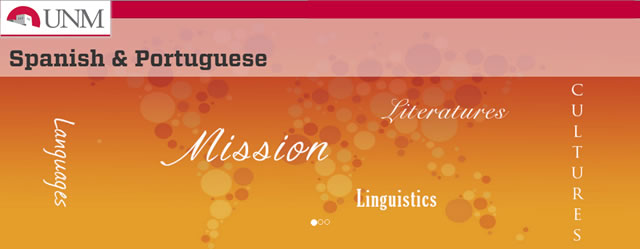
Spanish and Portuguese ETDs
Publication Date
12-17-1973
Abstract
Erico Verissimo's O Tempo e o Vento has long been considered his masterpiece more, it would seem, by dint of its quantity than its quality, since relatively little research has been done on this novel. The attitudes reflected in O Tempo e o Vento concerning the relationship of time and space and man's affiliation thereto have been previously ignored and only through a structuralist analysis of this novel have these determinations been discovered.
The structuralist approach comprises certain inherent assumptions of an a priori system of knowledge. One assumption is reflected in the structure of language which presupposes for all mankind a common system of perceiving reality. Another assumption is the unconscious or collective mentality as explicated by Carl Gustav Jung. Finally, the acausal relationship of time and space and man's compatibility with these realms are taken into consideration.
Degree Name
Spanish & Portuguese (PhD)
Level of Degree
Doctoral
Department Name
Spanish and Portuguese
First Committee Member (Chair)
Jack E. Tomlins
Second Committee Member
William H. Roberts
Third Committee Member
Tamara Holzapfel
Language
English
Document Type
Dissertation
Recommended Citation
Ollivier, Louis L. Jr.. "Synchrony, Amalgam and Communion: Erico Verissimo's O Tempo E O Vento as Symbolic Complex." (1973). https://digitalrepository.unm.edu/span_etds/127
Included in
European Languages and Societies Commons, Latin American Languages and Societies Commons
